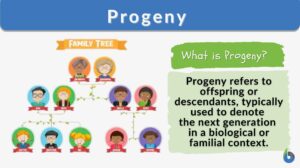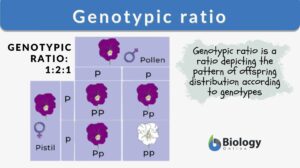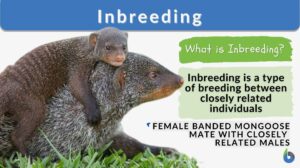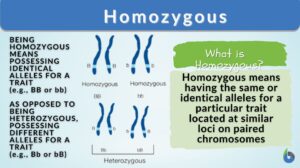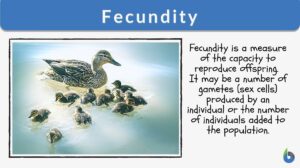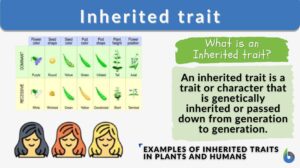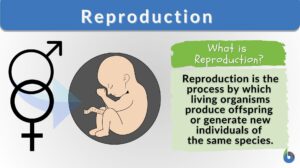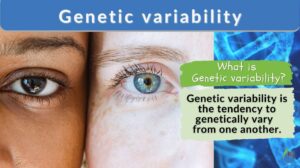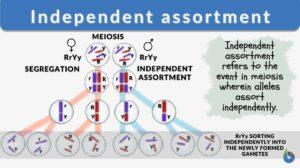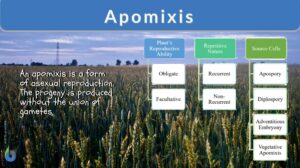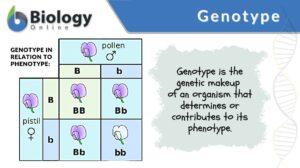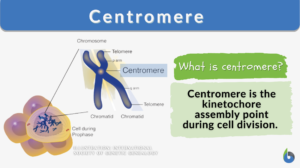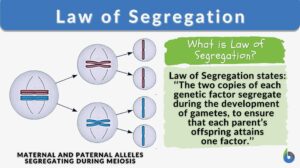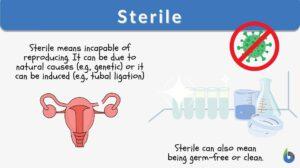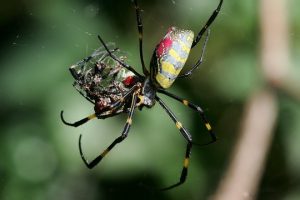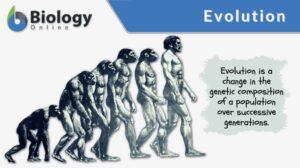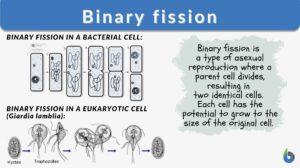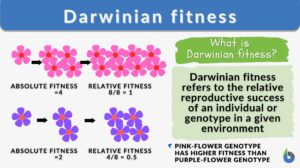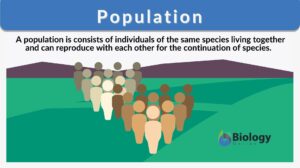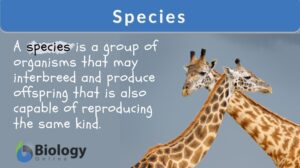Search Results for: progeny
Genotypic ratio
Genotypic Ratio Definition To understand 'Genotypic ratio', let us first understand the terms: 'Genotype' and 'Phenotype'.... Read More
Inbreeding
Inbreeding is a type of breeding or mating where closely related individuals with a common ancestor produce progenies with... Read More
Homozygous
Homozygous Definition Diploid organisms that have a genotype of identical alleles for a trait or phenotype at a specific... Read More
Imprinting
What does imprinting mean? Have you watched the TV cartoon show “Tom and Jerry” with an episode of a duck and its... Read More
Inherited traits
What are Inherited Traits? The characteristics or traits that are passed from parents to offspring are known as inherited... Read More
Non-Mendelian Inheritance
Reviewed by: Mary Anne Clark, Ph.D. The inheritance patterns seen in Mendel's monohybrid and dihybrid crosses... Read More
Reproduction
Reproduction Definition Reproduction is a biological phenomenon of producing offspring/s. i.e. more of its kind. Depending... Read More
Genetic variability
Genetic Variability Definition Genetic variability refers to the tendency of individual genetic characteristics in a... Read More
Polygenic inheritance
Polygenic inheritance refers to the kind of inheritance in which the trait is produced from the cumulative effects of many... Read More
Independent Assortment
Independent Assortment Definition Independent assortment refers to the alleles or genes that sort into the newly formed... Read More
Centromere
Centromere Definition Centromere is defined as the point of attachment for the sister chromatids generated after DNA... Read More
Law of Segregation
Mendel’s Laws of Inheritance The father of genetics, Gregor Mendel, reported his findings in 1860 that initially were... Read More
Codominance
Codominance Definition Codominance is a form of inheritance wherein the alleles of a gene pair in a heterozygote are fully... Read More
The Amazing Spider Dads
Humans are not the only fathers capable of giving it all for the sake of their progeny. The animal kingdom is teeming with... Read More
Heterochrony
Definition noun, plural: heterochronies Refers to the rate of morphological transformations accomplish by the developmental... Read More
Lytic cycle
Definition noun One of the two cycles of viral reproduction (the other being the lysogenic cycle), which is usually... Read More
Y chromosome
Y chromosome Definition The Y chromosome constitutes one member of the pair of sex chromosomes within an organism, a common... Read More
Binary fission
Binary Fission Definition What is binary fission? In biology, binary fission is a type of asexual reproduction where a... Read More
Totipotent
Totipotent Definition What is totipotent? In general terms, totipotency is defined as the ability of a single cell to... Read More
Parental generation
Definition noun (genetics) The first set of parents crossed in which their genotype is the basis for predicting the... Read More
Cell division
Cell division is a biological process by which a parent cell duplicates its cell contents and divides to give rise to two or... Read More
Darwinian fitness
Darwinian Fitness Definition Darwinian fitness refers to the measure of an individual organism's or genotype's reproductive... Read More
Generation
Generation 1. The act of generating or begetting; procreation, as of animals. 2. Origination by some process, mathematical,... Read More
Population
Living organisms typically prefer to live, grow, and survive in groups. Except for some species that prefer solitude - both... Read More
Mendel’s laws: definitions
Genetics - a branch of biology that deals with the study of heredity and variations Variations - differences amongst the... Read More
Allopolyploidy
Definition noun (genetics) A type of euploidy wherein the additional set of chromosomes is derived from another species,... Read More
